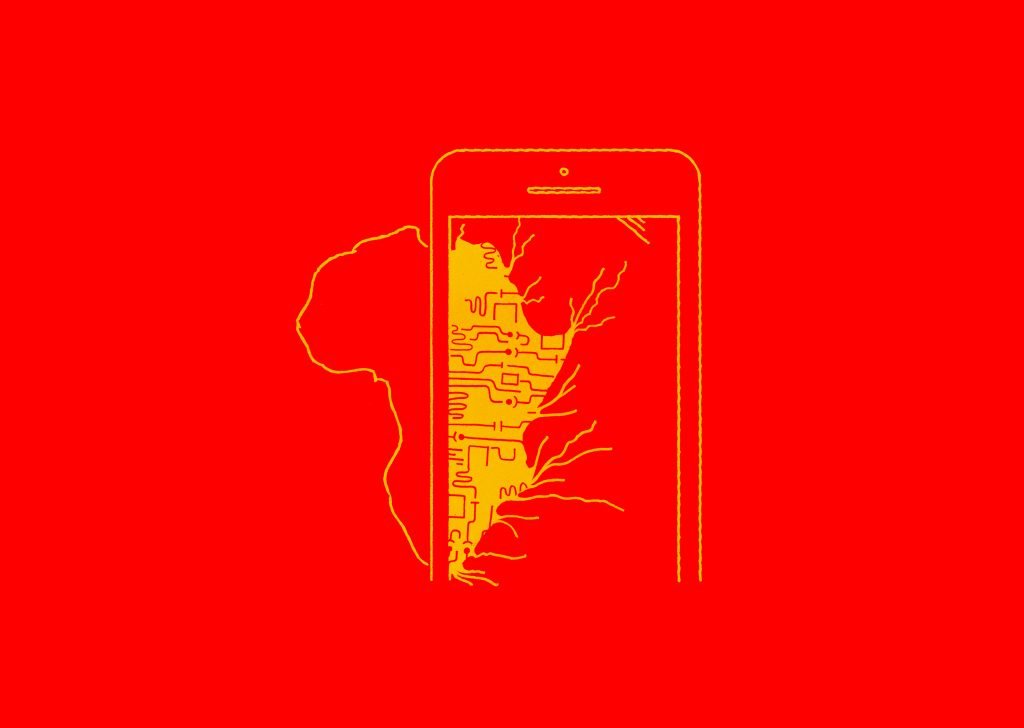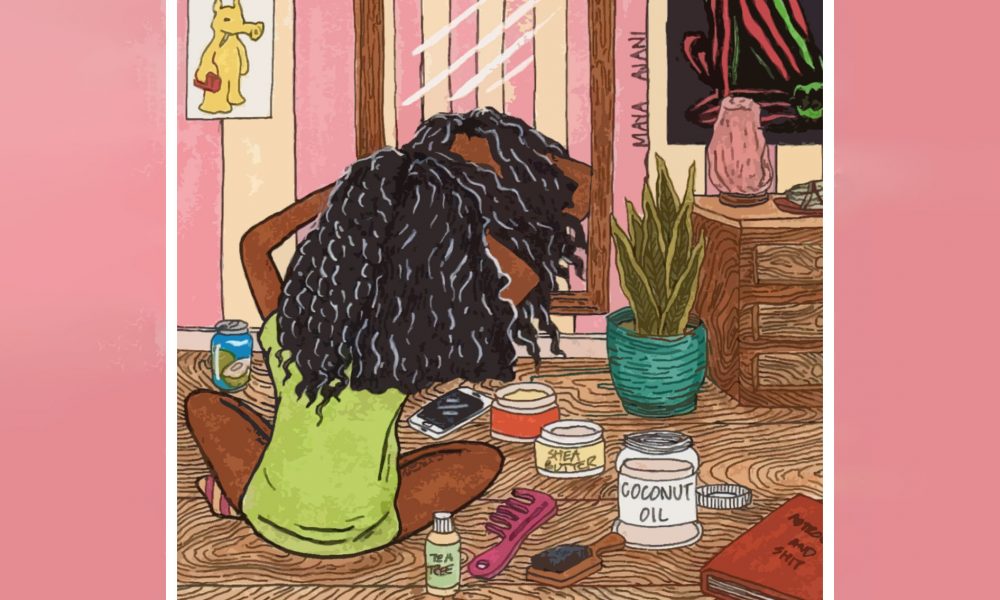The bourgeoisie of the whole world, which looks complacently upon the wholesale massacre after the battle, is convulsed by horror at the desecration of brick and mortar.
― Karl Marx
It is not just our history that is written by its victors. The story of the present day, upheld by exploitative enterprises, reflects a far more dangerous narrative: a narrative that erases the brutalities facing individuals today. It is a subtle process ― the process of erasure ― and it is deeply embedded in our present economic zeitgeist, a zeitgeist that champions the narrative that America is the richest nation in the world; and that Africa, by contrast, is bereft of wealth. You may be surprised, therefore, to discover that such is not the case.
Situated in the heart of the African continent, the Democratic Republic of Congo, with its untapped raw mineral deposits of $24 trillion, surpasses the United States’ $21.428 trillion GDP. Its richness is not an exception but a rule, illuminating the continent’s wealth of resources. Home to Nigeria and Libya, two of the world’s largest oil reserves, Africa contains 30% of the world’s remaining mineral resources — and after years of enslavement and colonial brutality, Africa is finally growing.
With its bountiful natural resources, Africa is considered one of the most profitable regions in the world. Its industries are among the most attractive to foreign investors, with six of its nations among the world’s twelve fastest-growing economies. At a glance, Africa’s prospects are alarmingly optimistic. A deeper analysis, however, paints a foreboding picture. With its investment driven by profiteering foreign agents, the prospect of continental autonomy is significantly diminished. What was formerly the 15th-century transatlantic slave trade has transformed into a contemporary network of opaque, lucrative transactions that no longer rob Africa of its people, but its people of their resources.
The transnational exploitation of Africa is hardly a novel concept. In 2017, researchers found that despite $161.6 billion entering the continent every year in loans, remittances and aid, African countries lose $203 billion to tax avoidance, excessive debt payments and resource extraction every year, trapping its nations in annual debt obligations of over $40 billion. This breaks down to $67.6 billion in illicit financial outflows by transnational companies misrepresenting their internal figures to recuse themselves from tax obligations, a figure that has only increased in 2020. A recent report by the Brookings Institute found that capital flight could account for five percent of the continent’s annual GDP — and an inability to curb these practices will lead to a loss of $230 billion to foreign actors over the next decade, the totality of which it would take an individual earning a yearly salary of $100,000 2.3 million years to acquire.
With profit maximization integral to every nation’s economy, the transfer of labor to regions with low financial governance, loosely defined labor laws and high levels of political corruption is universally considered a corporate victory. Even with COVID-19 temporarily disrupting Africa’s mining industry, the reality remains that for years American companies like Apple, Microsoft, Dell and Tesla have relied on the cheap cobalt mined by child laborers as an essential ingredient in their smartphones and electric cars. Their primary supplier, Umicore, purchases its raw materials from Glencore mines across the Congo known for unmitigated tunnel collapses, wages as little as $2 a day and oppressive labor practices. Despite testimonies from the parents of dead Congolese children — highlighted in a class action lawsuit this past December — these companies remain unaccountable for the atrocities they covertly depend on. The pillaging of Africa’s resources by some of our nation’s most revered companies serves as a brutal reminder that even with the passage of the Civil Rights Act in 1964, American corporations do not practice this formal equality beyond its borders. With the onset of globalization, they have merely transferred their system of exploitation overseas.
Another class action lawsuit filed in February alleges that Starbucks, Mars and the Quaker Oats Company are responsible for selling chocolate farmed by child laborers in West Africa. The negative externalities of this industry’s practices extend beyond its human impact to the environment, accelerating deforestation in the Ivory Coast such that there will be no more forests to farm by 2030, the lawsuit claims. By manufacturing their own standards to designate products as ethically sourced, these companies have exonerated themselves from their roles in heightening global inequality and mass climate calamity.
Ruthless and unmitigated, American companies’ reliance on cheap labor reflects modern-day economic brutality. Cheap labor is human labor — and in referring to it as cheap labor, the corporate leviathan distorts the human element of labor into a mere commodity. As companies embellish their public projections with performative activism at the height of the Black Lives Matter movement, emerging African nations continue to face the brunt of rising global inequality. With the global elite’s wealth expanding at a significantly higher rate than that of the poor, individuals at the bottom end of the industrial supply chain remain incarcerated in the stratum of modern-day slavery.
This is brutality.

The narrative that violence is only destructive when it is overt absolves corporations of their complicity in transnational economic brutality. Facing humanitarian abuses and the heightening impact of climate change, Africa’s poorest individuals are casualties of social, economic and environmental racism — where we, the consumers, subsidize corporate afflictions by bolstering demand. If we continue basing our economic decisions on our default, collective apathy, we are no different from the oppressors we so vehemently condemn. We are just as complicit.
[/vc_column_text][/vc_column][/vc_row]




Comments are closed.